

— Blogs —
—Products—
 Consumer hotline +8618073152920
Consumer hotline +8618073152920 WhatsApp:+8615367865107
Address:Room 102, District D, Houhu Industrial Park, Yuelu District, Changsha City, Hunan Province, China
Product knowledge
Time:2024-05-05 21:07:38 Popularity:1461
A weather station is a device used to monitor and record meteorological elements, usually consisting of a series of sensors that measure and record meteorological parameters such as temperature, humidity, wind speed, wind direction, atmospheric pressure, rainfall and so on. These data are used in the production of weather forecasts, climate research, agricultural production, aviation and navigation, and environmental protection. Weather stations can be divided into large weather stations and small weather stations, which can be arranged in different environments such as the ground, the sea, and the high altitude according to the needs.
The application of weather station is very wide, the following are some common application scenarios:
1. Agricultural production: weather stations provide scientific basis for agricultural production through real-time monitoring and recording of meteorological elements in farmland, such as temperature, humidity, wind speed, wind direction, light intensity, precipitation and so on. It can help farmers rationally arrange farming activities, such as sowing, fertiliser application, irrigation, etc., so as to improve the efficiency of agricultural production. For example, by monitoring the microclimate of farmland, agricultural weather stations can provide real-time information on soil moisture, light intensity, evaporation, etc., helping farmers make more scientific decisions.
2. Urban traffic management: Meteorological monitoring stations can monitor meteorological conditions along roads in real time, such as wind speed, visibility, snowfall, etc., to provide traffic departments with information on road conditions. This information is of guiding significance for flight take-off and landing, ship navigation, road travelling, etc. It can help drivers prepare for travelling in advance and ensure traffic safety.
3. Environmental monitoring and protection: meteorological monitoring stations can also be used in the field of environmental monitoring, such as air quality, pollutant emissions, noise and other environmental indicators. For example, through the deployment of urban meteorological stations, air quality data can be obtained in real time, and through big data analysis to predict and assess the spread of air pollution, providing a reference basis for urban decision-makers, and then take corresponding environmental management measures.
4. Scientific research and education: The data from meteorological stations are of great value for research in meteorology, geography, ecology and other disciplines.
4.1. Scientific researchers can make use of these data to carry out various experiments and researches and promote the development of related disciplines.
4.2. At the same time, meteorological stations can also be used as educational tools for demonstrating meteorological phenomena and principles to students and cultivating their scientific interest and practical ability.
5. Energy Industry:
5.1 In the wind energy industry, weather stations are used to assess the power generation potential of wind farms. By monitoring parameters such as wind speed, wind direction and air temperature, the power generation capacity and efficiency of wind farms can be predicted, providing reference for the planning and operation of wind farms.
5.2 In the solar energy industry, meteorological stations are used to monitor the distribution and changes of solar energy resources. By monitoring solar radiation, temperature, humidity and other parameters, the potential and quality of solar energy resources can be assessed, providing support for the construction and operation of solar power stations.
6.Tourism and Leisure Industry:
6.1 Weather stations are crucial for the tourism industry, as weather conditions directly affect tourists' travel plans and experiences. Weather stations in tourist attractions can provide real-time weather data to help tourists choose the best time to visit and activities to do, as well as ensure their safety.
6.2 For outdoor recreational activities such as hiking, camping and fishing, meteorological data are equally important. Accurate weather forecasts provided by meteorological stations can help participants make preparations in advance and ensure the smooth running of the activities.
7. Early warning of meteorological disasters: Meteorological monitoring stations are able to monitor weather changes in real time and detect abnormal meteorological phenomena, such as rainstorms, gales and lightning, in a timely manner. This information is crucial for early warning of various extreme weather such as typhoons, rainstorms, high temperature, cold wave, etc., which can help people take precautions in advance and reduce disaster losses.
8. Emergency response: in emergencies (such as fires and floods), the meteorological monitoring station can be used for emergency response and sudden catastrophic weather on-site monitoring and temporary deployment of the network. It can be quickly deployed to the affected area to provide timely meteorological data support for rescue work.
9.Architecture and urban planning:
9.1.Meteorological data are of great significance to architectural design and urban planning. Wind pressure, wind speed, temperature and other data provided by weather stations can help designers assess the performance and safety of buildings under extreme weather conditions.
9.2. In urban planning, meteorological data can be used to assess urban heat island effect, air quality and other issues, providing a reference basis for urban planning and construction.
In short, the application scenarios of meteorological stations are very wide, not only involving a variety of fields such as meteorological disaster warning, agricultural production, traffic safety, environmental monitoring, etc., but also playing an important role in the smart city, new energy development and other aspects. With the progress of science and technology, the meteorological monitoring station will continue to improve the monitoring accuracy and intelligence level, providing more accurate and efficient meteorological services for the development of various fields.
Related recommendations
Sensors & Weather Stations Catalog
Agriculture Sensors and Weather Stations Catalog-NiuBoL.pdf
Weather Stations Catalog-NiuBoL.pdf
Related products
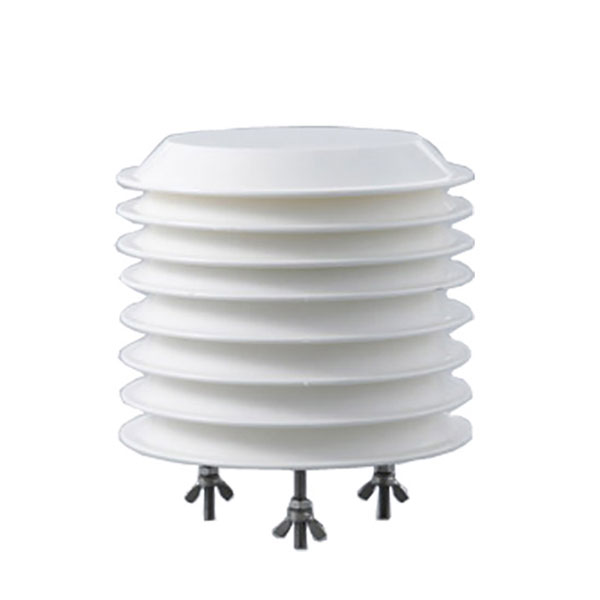 Combined air temperature and relative humidity sensor
Combined air temperature and relative humidity sensor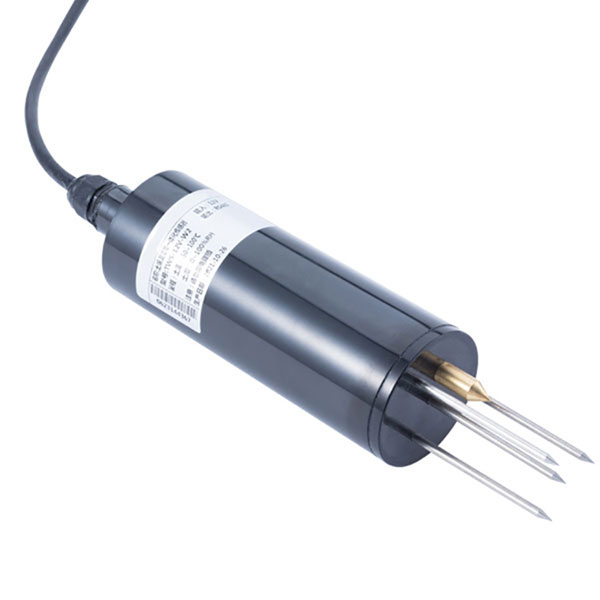 Soil Moisture Temperature sensor for irrigation
Soil Moisture Temperature sensor for irrigation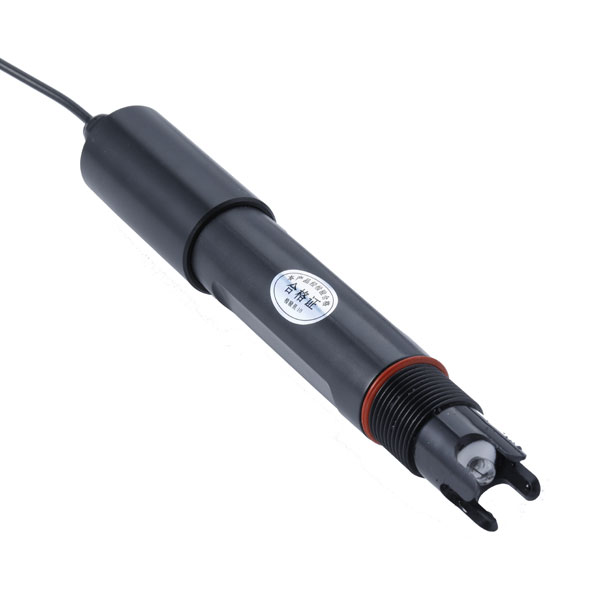 Soil pH sensor RS485 soil Testing instrument soil ph meter for agriculture
Soil pH sensor RS485 soil Testing instrument soil ph meter for agriculture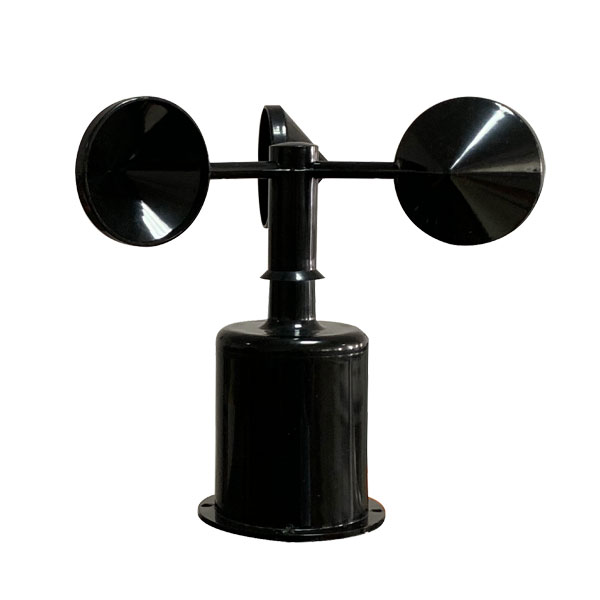 Wind Speed sensor Output Modbus/RS485/Analog/0-5V/4-20mA
Wind Speed sensor Output Modbus/RS485/Analog/0-5V/4-20mA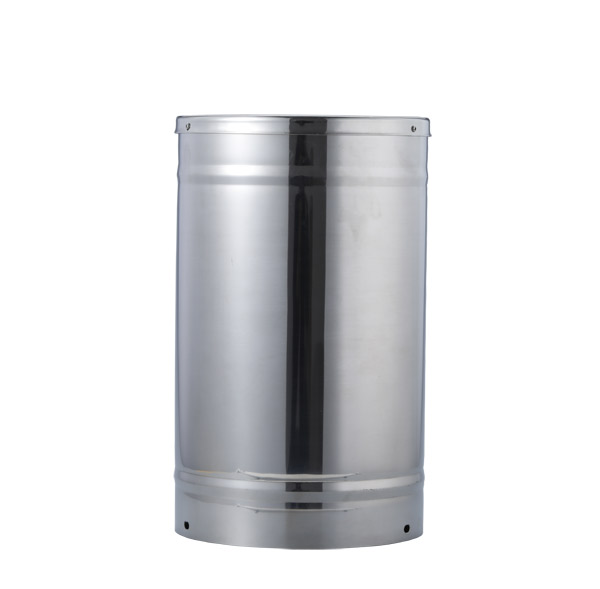 Tipping bucket rain gauge for weather monitoring auto rainfall sensor RS485/Outdoor/stainless steel
Tipping bucket rain gauge for weather monitoring auto rainfall sensor RS485/Outdoor/stainless steel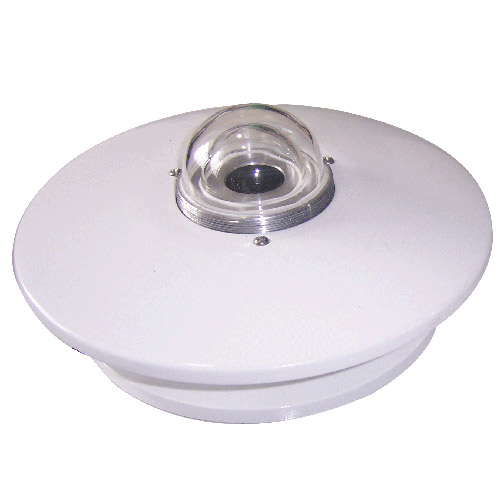 Pyranometer Solar Radiation Sensor 4-20mA/RS485
Pyranometer Solar Radiation Sensor 4-20mA/RS485
Screenshot, WhatsApp to identify the QR code
WhatsApp number:+8615367865107
(Click on WhatsApp to copy and add friends)
